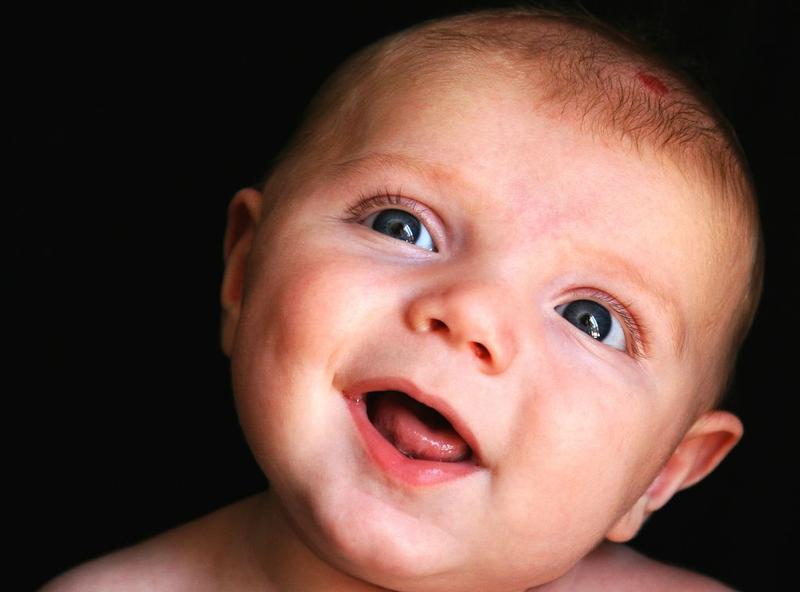
Philosophers and psychologists have long believed that we begin life as blank moral slates, but Paul Bloom argues that we have a deep sense of good and evil when we’re born. In Just Babies The Origins of Good and Evil, he draws on groundbreaking research at Yale, he demonstrates that babies have a rudimentary sense of justice before they can talk. He also examines the morality of chimpanzees, violent psychopaths, religious extremists, and Ivy League professors, and explores our often puzzling moral feelings about sex, politics, religion, and race.
Some Highlights from the Interview
Americans in particular believe that religion (usually Christianity) is important for morality, but Bloom says, “Any simple claim that you need religion to be good is flat wrong.”
The main way young children communicate is through tattling—pointing out something that they think is wrong.
Racism doesn't appear to be hardwired at birth, but babies will look for and seize on whatever similarities they find with others and fall into one group over another. We see that continue throughout life.
Babies are empathetic, and empathy is important in developing morality. But Bloom is skeptical that it's the key to morality. He said empathy more of a catalyst for morality because it motivates one to want to help someone else who is in pain or is suffering.
